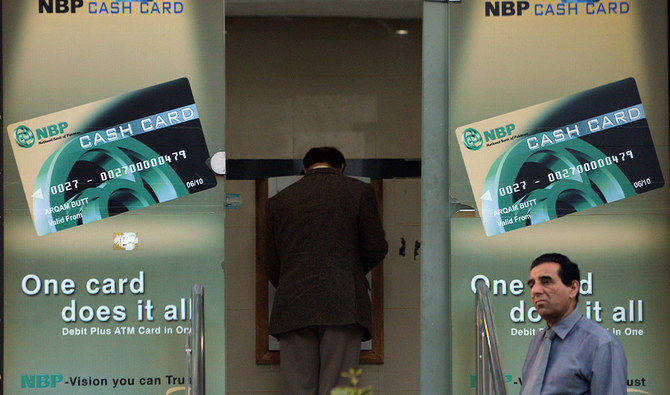ISLAMABAD: Pakistan’s mobile and Internet banking transactions surged by a whopping 57 percent in volume and 81 percent by value during the fiscal year 2022-23, the State Bank of Pakistan (SBP) said in a report on Wednesday.
According to the Annual Payment Systems Review for the fiscal year 2022-23 released by the SBP, Internet banking users increased by 15.1 percent to 9.6 million in Pakistan while mobile phone banking users rose by 30.2 percent to reach 16.1 million in FY23.
“The e-banking is attracting more customers due to its efficient and instant payment solutions, and its transactions are growing at a steady pace over the years,” the SBP said in the report.
The report said paper-based transactions declined by over 4 percent during FY23 and cumulatively around 20 percent in the last five years. However, it added that the value of paper-based transactions increased by 20 percent in FY23.
The SBP report further said that as of June 30, 2023, there were 115,288 Point Of Sales terminals, 17,808 ATMs, 520 Cash/Cheque Deposit Machines and 6,889 e-commerce merchants to provide payments services to customers.
“During the fiscal year, the number of transactions through POS (199.3 million) and ATMs (809.7 million) grew annually by 45 percent and 17 percent respectively,” it said. “Domestic e-commerce transactions using payment cards were 31.8 million which amounted to PKR 142 billion during the year.”
The report said that as of June 30, 2023, there were 58.1 million payment cards in circulation in Pakistan of which 44.5 million were issued by banks and Microfinance Banks, 10.8 million by branchless banks, and 2.8 million by EMIs.













